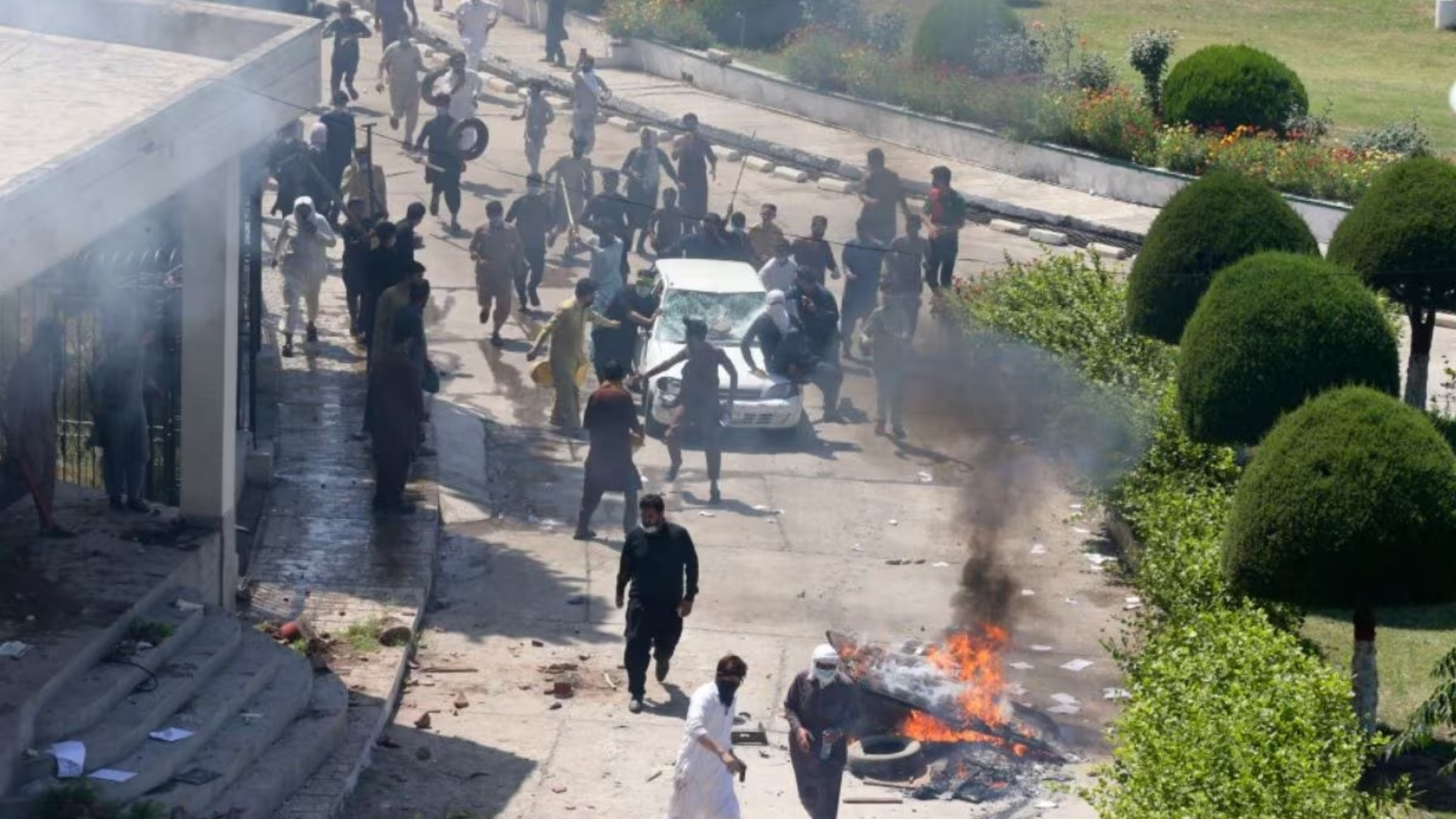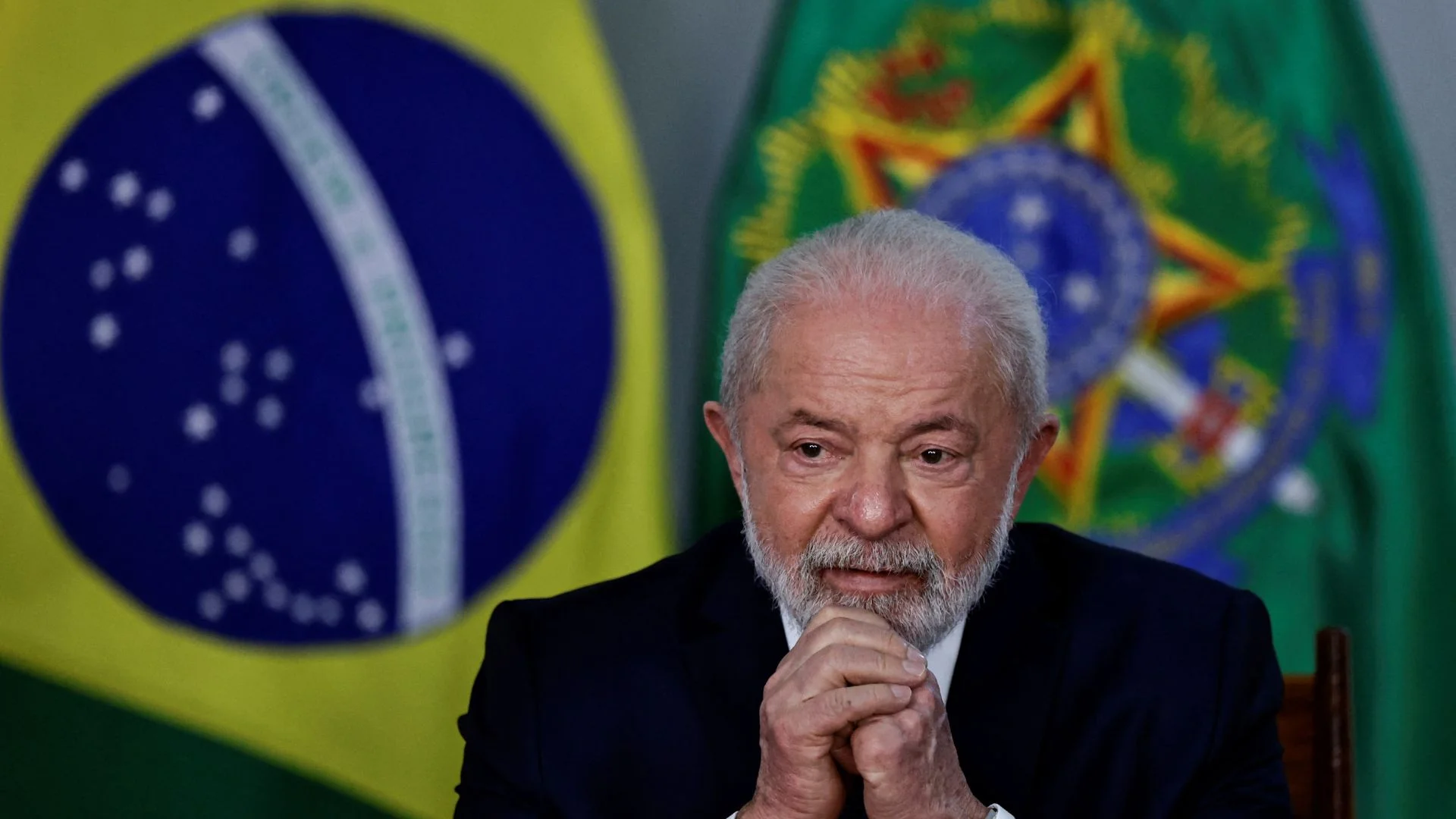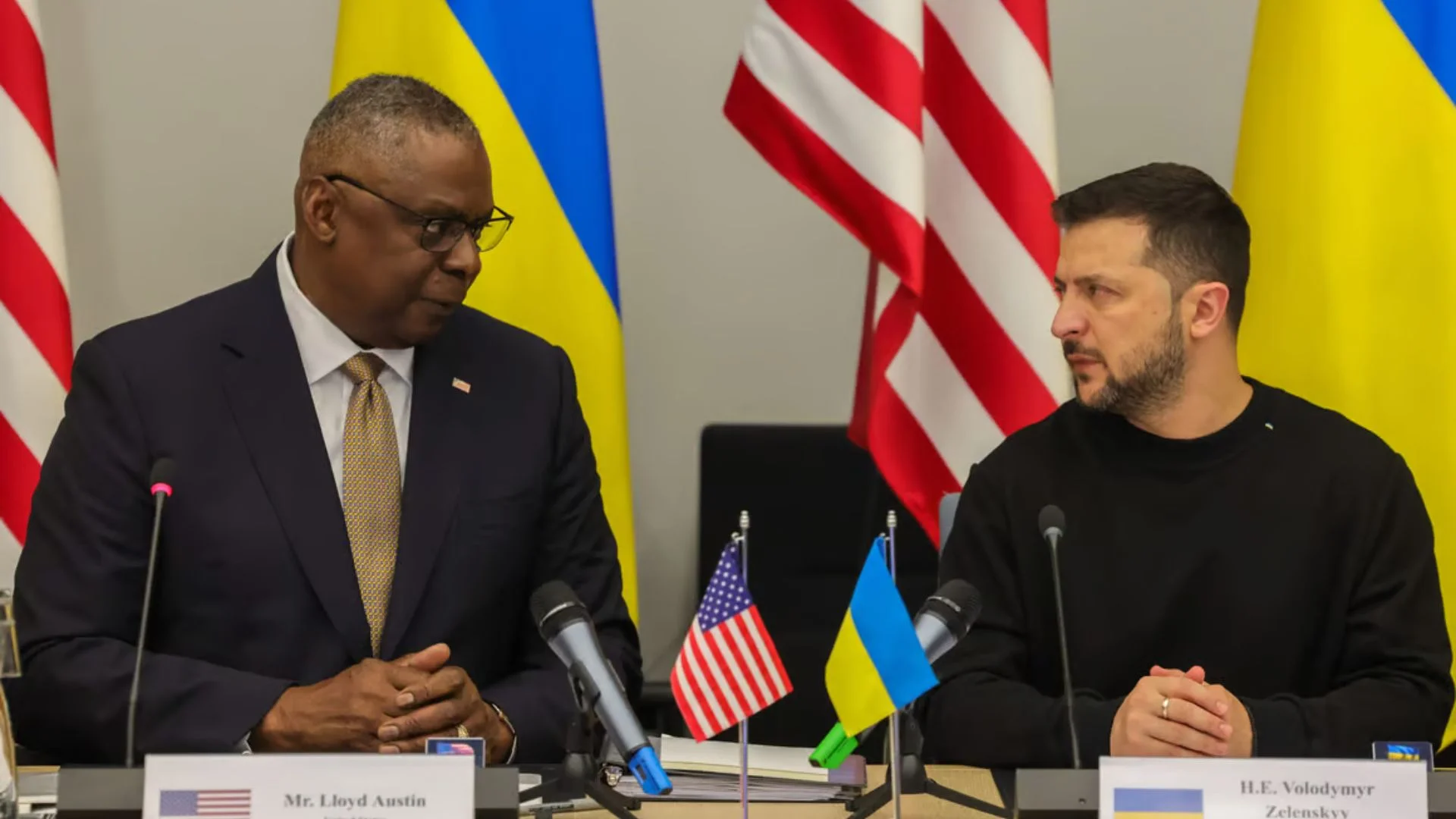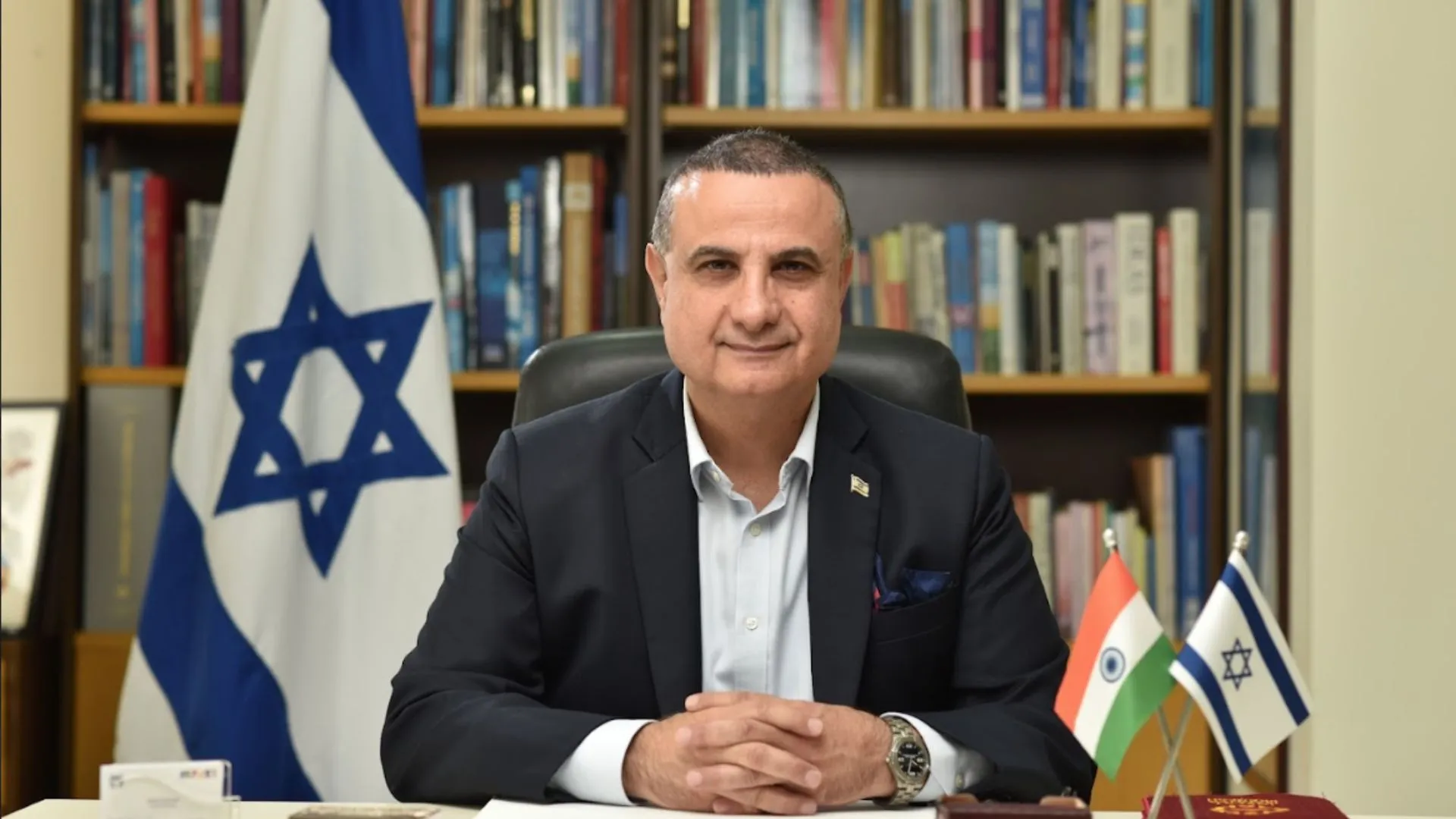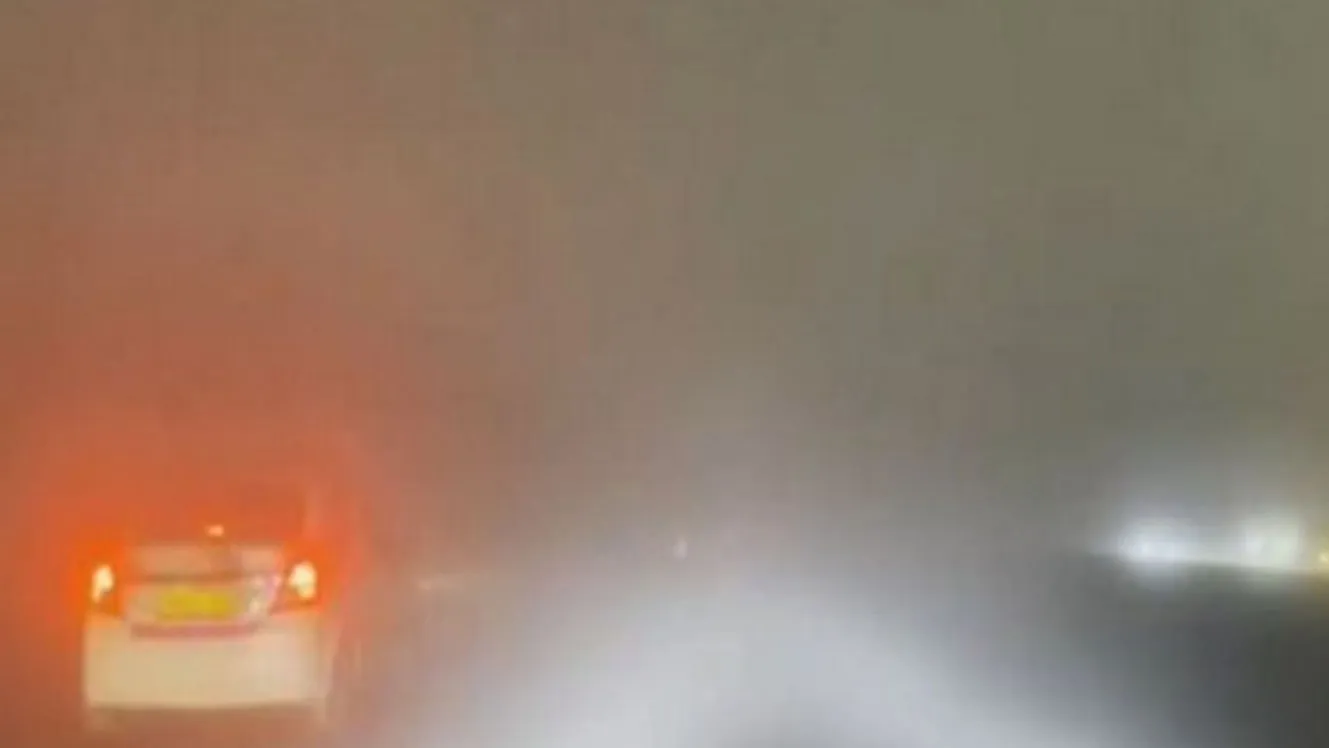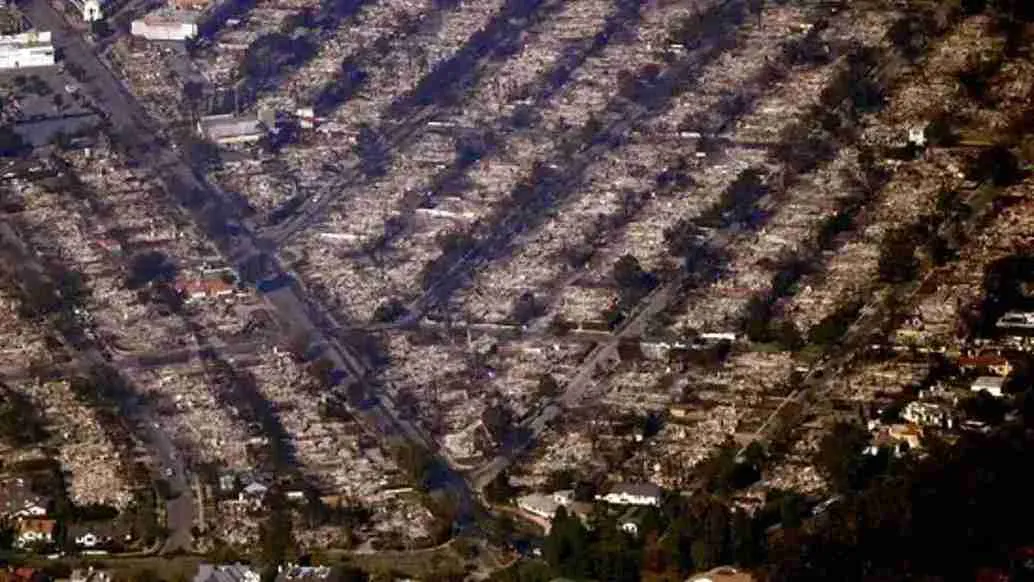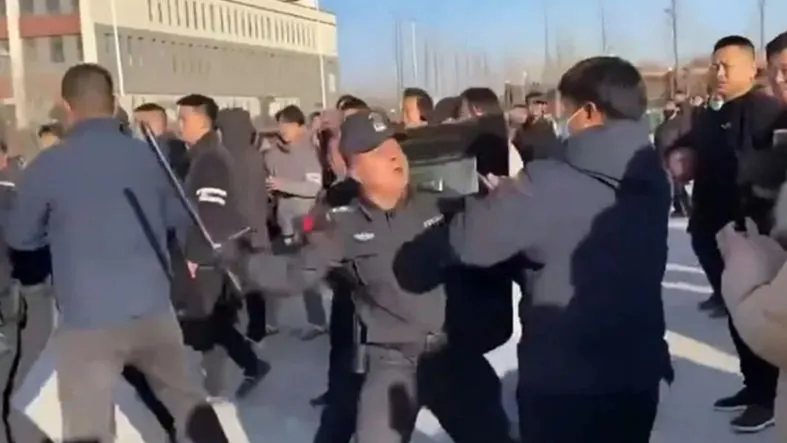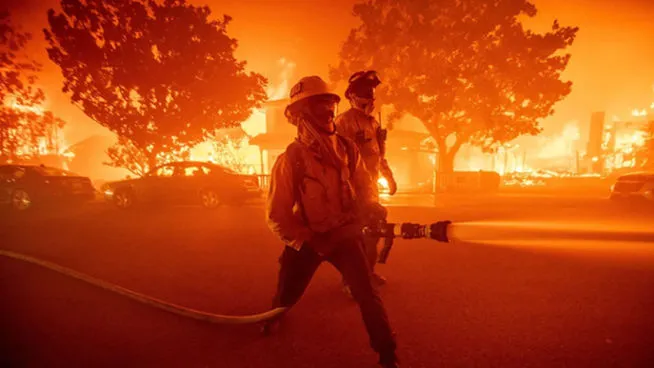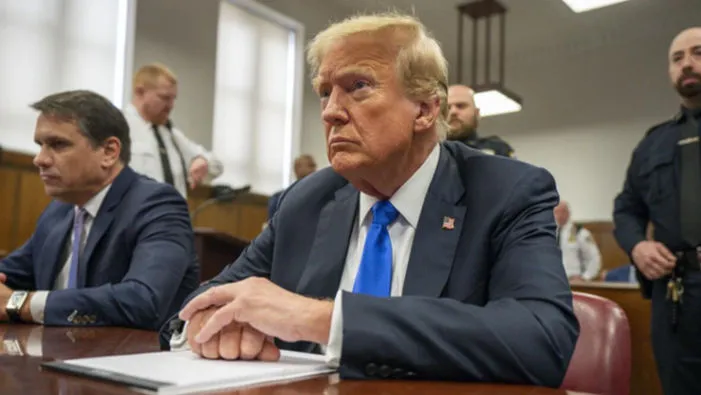Former Pakistan Prime Minister Imran Khan has refused to issue an apology for his involvement in the May 9 riots as the one-year anniversary of the clashes neared. This decision came shortly after the military’s statement that dialogue with his party would not proceed unless a public apology for the violence was tendered. Imran Khan, speaking after court proceedings related to the Al Qadir corruption case, expressed readiness to face an inquiry into a 2014 sit-in staged by his Pakistan Tehreek-e-Insaf (PTI) party but maintained his stance on not apologizing for the riots. He cited his detention during the protests as a reason for being unaware of the events and mentioned having condemned the incidents in front of former Chief Justice Umar Ata Bandial. Imran stressed that his desire for dialogue with the military was for the betterment of Pakistan, not for personal gains. Both the coalition government and the military condemned the May 9 riots on its first anniversary, dedicating the day to martyrs.
What Happened On May 9?
On May 9, supporters of Imran Khan’s political party carried out acts of vandalism targeting more than 20 military and government facilities, including the Lahore Corps Commander House, Mianwali airbase, and the ISI building in Faisalabad. These violent demonstrations followed Imran Khan’s arrest by the National Accountability Bureau (NAB) on corruption charges, although he was later released on bail. The ensuing unrest led to the arrest of over 10,000 PTI workers, with hundreds facing trial, including charges under the Official Secrets Act. Tragically, at least 10 individuals lost their lives during these events.
Imran Khan was implicated in multiple cases related to the violence on May 9, with accusations of incitement to violence and plotting criminal activities. The riots triggered a military-backed crackdown on PTI, resulting in the party being barred from participating directly in the subsequent general election. Recognizing the significance of the day, the Shehbaz Sharif-led government decided to commemorate May 9 in honor of the martyrs and their families, emphasizing the slogan “May 9, never again.”
In response to the government’s actions, civil and military leaders designated May 9 as a “black day” at the national level, symbolizing the gravity of the events and their impact on the nation. Meanwhile, PTI has planned nationwide gatherings to express solidarity with its detained leader, whose brief arrest sparked the violent protests. A PTI spokesperson highlighted the challenges faced by party supporters, with numerous arrests made across cities to prevent planned demonstrations.
Official’s Stance on May 9
PM Shehbaz emphasized that there can be no downplaying of the events of May 9 and stressed that those involved in orchestrating, supporting, or assisting in the violence must not be absolved of their actions. He underscored the significance of national symbols and institutions, condemning the assault on the sanctity of the country’s heritage and values.
President Asif Ali Zardari labeled May 9 as a dark day in Pakistan’s history, highlighting the politically motivated chaos that ensued, resulting in damage to public and military properties. He warned against the misuse of rights to incite violence, affirming a zero-tolerance stance towards such actions.
The Pakistan Army’s media wing echoed the sentiment, emphasizing the importance of holding accountable the true perpetrators of the May 9 riots to prevent future disrespect towards the nation’s heroes and symbols of unity. They stressed the necessity of justice to safeguard the integrity of the country’s heritage and values.

